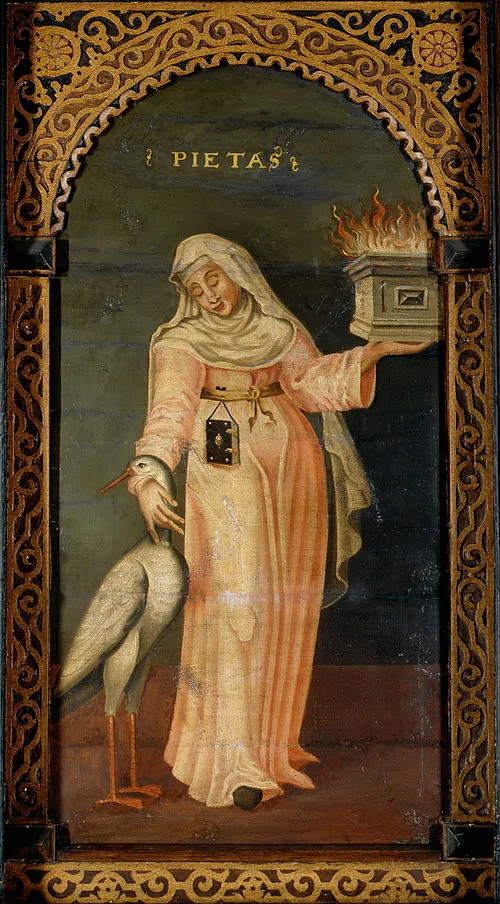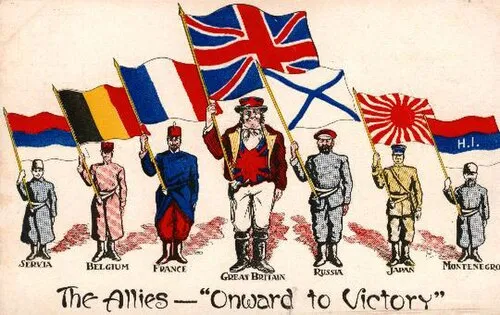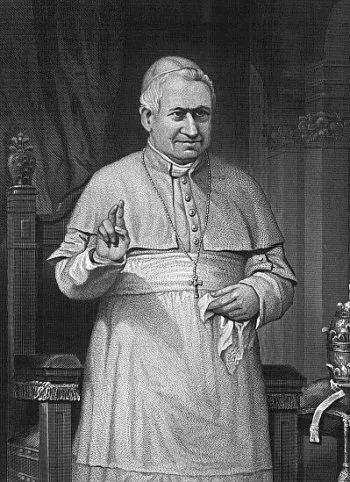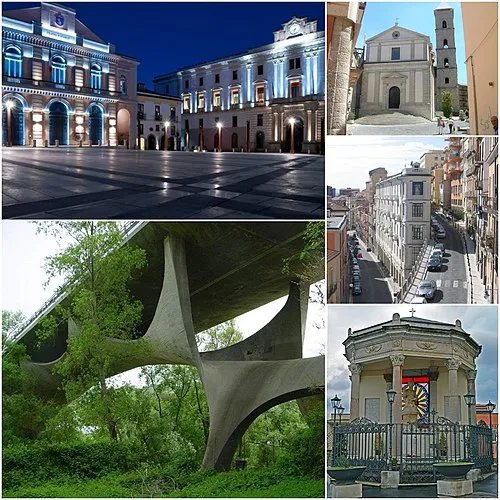
Ethelnoth (Egelnoth) the Good: A Glimpse into the Life of a Remarkable Anglo-Saxon Bishop
Ethelnoth, also referred to as Egelnoth, was a prominent figure during the Anglo-Saxon period in England, renowned for his piety and compassion. He served as the Bishop of Canterbury and is often celebrated for his good deeds and dedication to the church. In this article, we will delve into the life, legacy, and significance of Ethelnoth the Good, highlighting his contributions to Christianity and the cultural fabric of early medieval England.
Early Life and Background
Ethelnoth was born into a noble family around the late 10th century. His early life remains shrouded in historical ambiguity, but many scholars believe that his upbringing instilled in him a profound sense of duty and a desire to serve others. His religious inclinations became apparent at a young age, leading him to pursue a path in the church.
Bishopric of Canterbury
In the early 11th century, Ethelnoth was appointed as the Bishop of Canterbury, succeeding Archbishop Aethelred. His election was met with widespread approval, as he was known for his kindness and his ability to foster unity among the clergy and laity. Ethelnoth took this position during a tumultuous time in the English church, characterized by political upheaval and the encroaching influence of Norman powers.
Contributions to the Church and Society
As Bishop, Ethelnoth was dedicated to reforming the church, emphasizing the importance of moral conduct among the clergy. He was instrumental in promoting educational initiatives, establishing schools that taught both religious and secular subjects. His tenure also saw efforts to address the needs of the poor and marginalized, making him a beloved figure among the common people.
Ethelnoth’s deep commitment to social welfare extended beyond mere charity. He advocated for systematic support structures that would ensure the sustainability of aid to those in need. His work laid the groundwork for future church-led social services, demonstrating an early understanding of social justice.
Cultural Impact
Not only did Ethelnoth contribute to the church's needs, but he also played a role in the cultural landscape of England. He was known to support the arts and literature, encouraging the creation of texts that documented the history and teachings of the church. His patronage helped foster a literary culture that would flourish in the subsequent centuries, influencing medieval literature and religious discourse.
Legacy and Canonization
After his death, Ethelnoth was remembered for his exemplary life of service and humility. His dedication to the church and the people did not go unnoticed, leading to widespread local veneration. Several accounts recount miracles attributed to his intercession, contributing to his posthumous reputation. Eventually, Ethelnoth was canonized, officially recognized as a saint within the Catholic tradition.
Today, Ethelnoth is commemorated for his visionary leadership and the virtues he embodied. He serves as an inspiring model for clergy and laypeople alike, reminding modern society of the impact of commitment to faith and service.
Conclusion
Ethelnoth (Egelnoth) the Good stands as a testament to the influential role of religious leaders in medieval England. His life reflects the complexities of ecclesiastical power, charity, and cultural development during a pivotal era. Understanding his contributions provides valuable insights into the evolution of the church and the enduring legacy of leaders who prioritized compassion and service.






